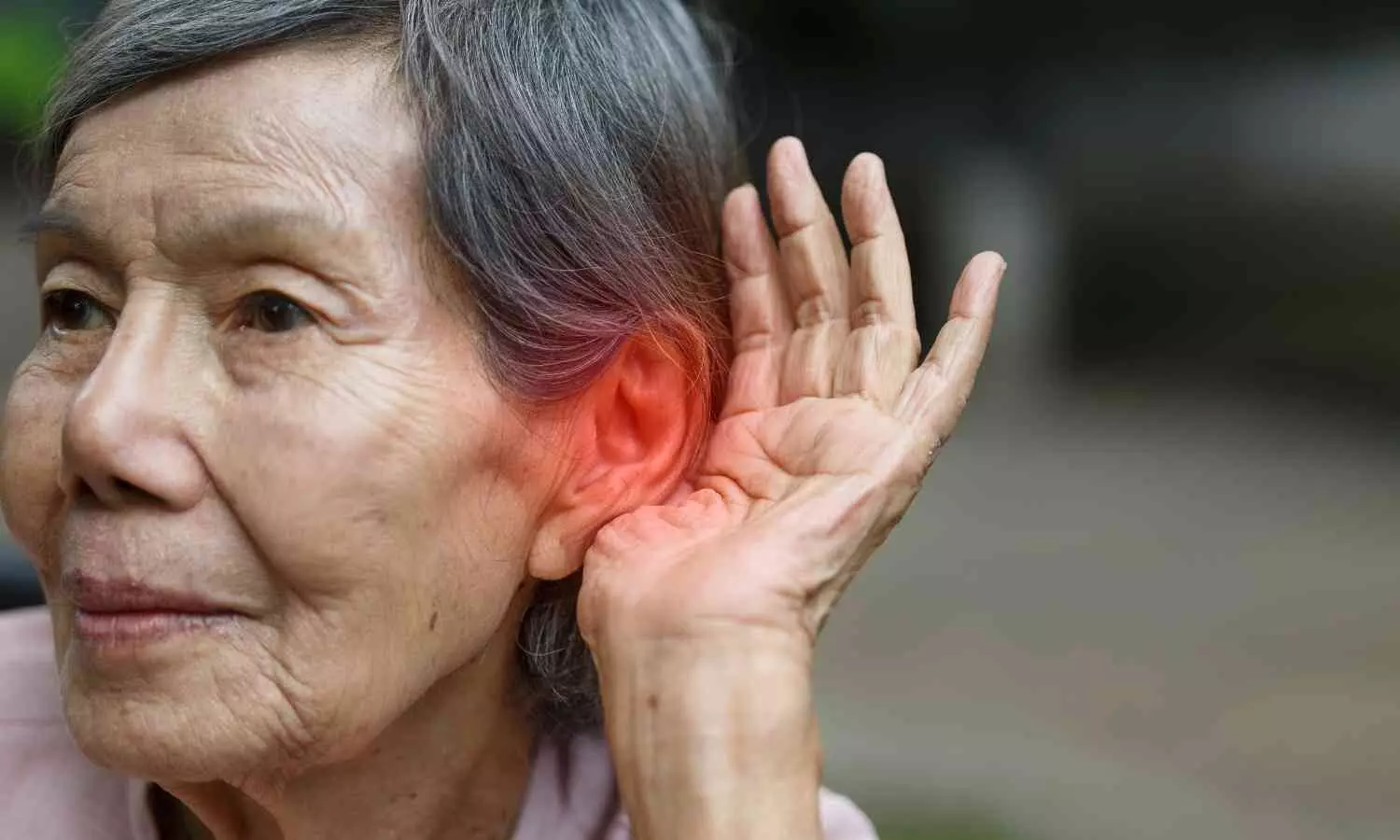Researchers Identify Protein Mutation Associated with Age-Related Hearing Loss

New Delhi: Researchers at the Indian Institute of Science Education and Research (IISER), Mohali, have discovered a specific protein mutation that could pave the way for improved treatment strategies for hearing loss among the elderly. The study, led by Professor Sabyasachi Rakshit, focused on the Cadherin-23 protein, which plays a vital role in auditory function in vertebrates.
Cadherin-23 is located in the hair cells of the inner ear and is responsible for converting sound waves into electrical signals that the brain can interpret. The IISER team identified a mutated variant of this protein, known as P47, which impairs this process and contributes to progressive hearing loss.
Using a magnetic tweezer technique, the researchers compared the mechanical stability of three variants of the protein: S47 and V47 (natural forms) and P47 (mutant). The experiments showed that V47 was the most resilient, unfolding slowly under mechanical stress. S47 displayed moderate stability, while the mutant P47 variant was the least stable, unfolding rapidly and failing to recover from mechanical stress.
These unfolding patterns are significant because the ear’s hair cells are constantly exposed to mechanical stimuli from sound waves. The inability of the P47 variant to withstand repeated mechanical stress likely explains its association with age-related hearing deterioration.
The research team further found that when subjected to repetitive force pulses simulating natural hearing conditions, the P47 variant exhibited a reduced ability to tolerate such stress, remaining unfolded for longer durations. This mechanical vulnerability provides a molecular-level explanation for the progressive hearing impairment observed in elderly individuals.
Published in the journal Nature Communications, the study offers new insights into the biological basis of hearing loss and suggests that targeting the structural anomaly of Cadherin-23 could offer therapeutic potential. However, the researchers cautioned that while the findings offer a key piece of the puzzle, they may not fully explain all causes of age-related hearing decline.
The World Health Organization estimates that over 1.5 billion people globally experience hearing loss, with 430 million suffering from disabling conditions—underscoring the significance of research like this in addressing a growing global health concern.


